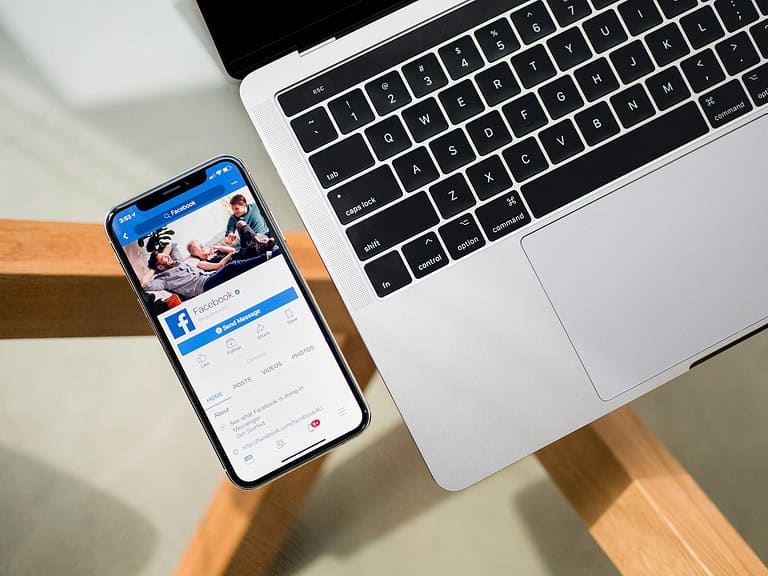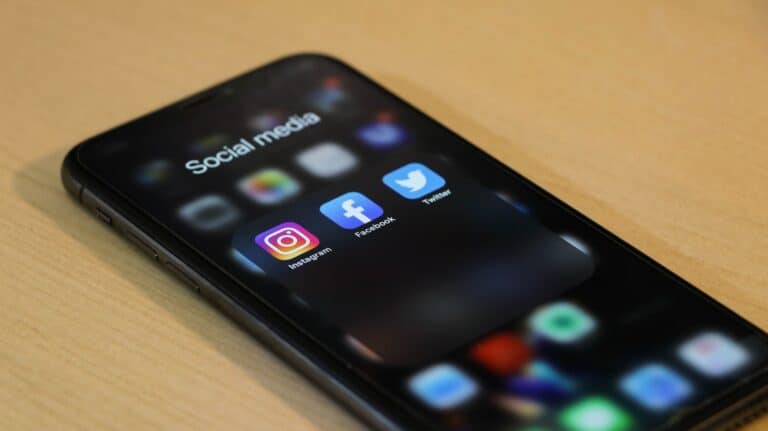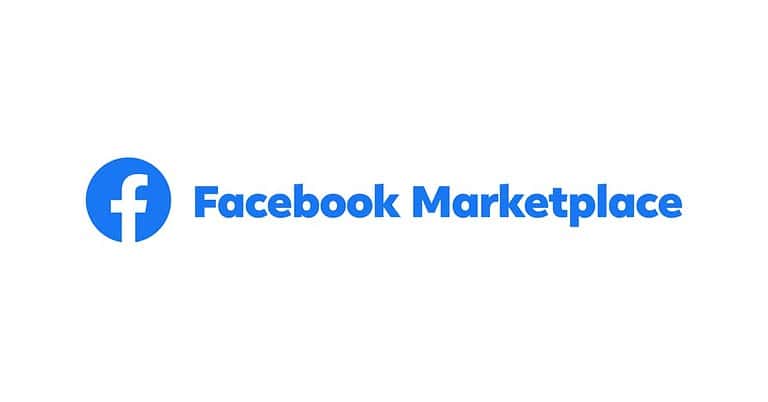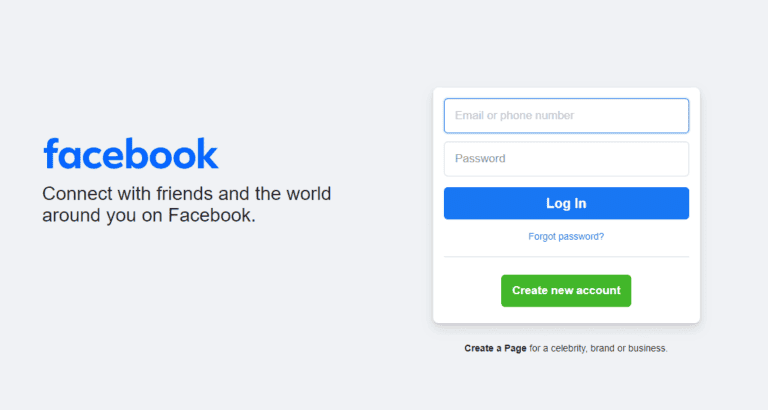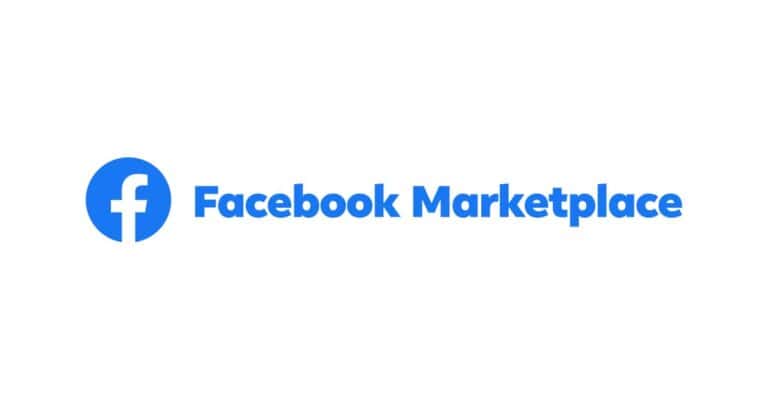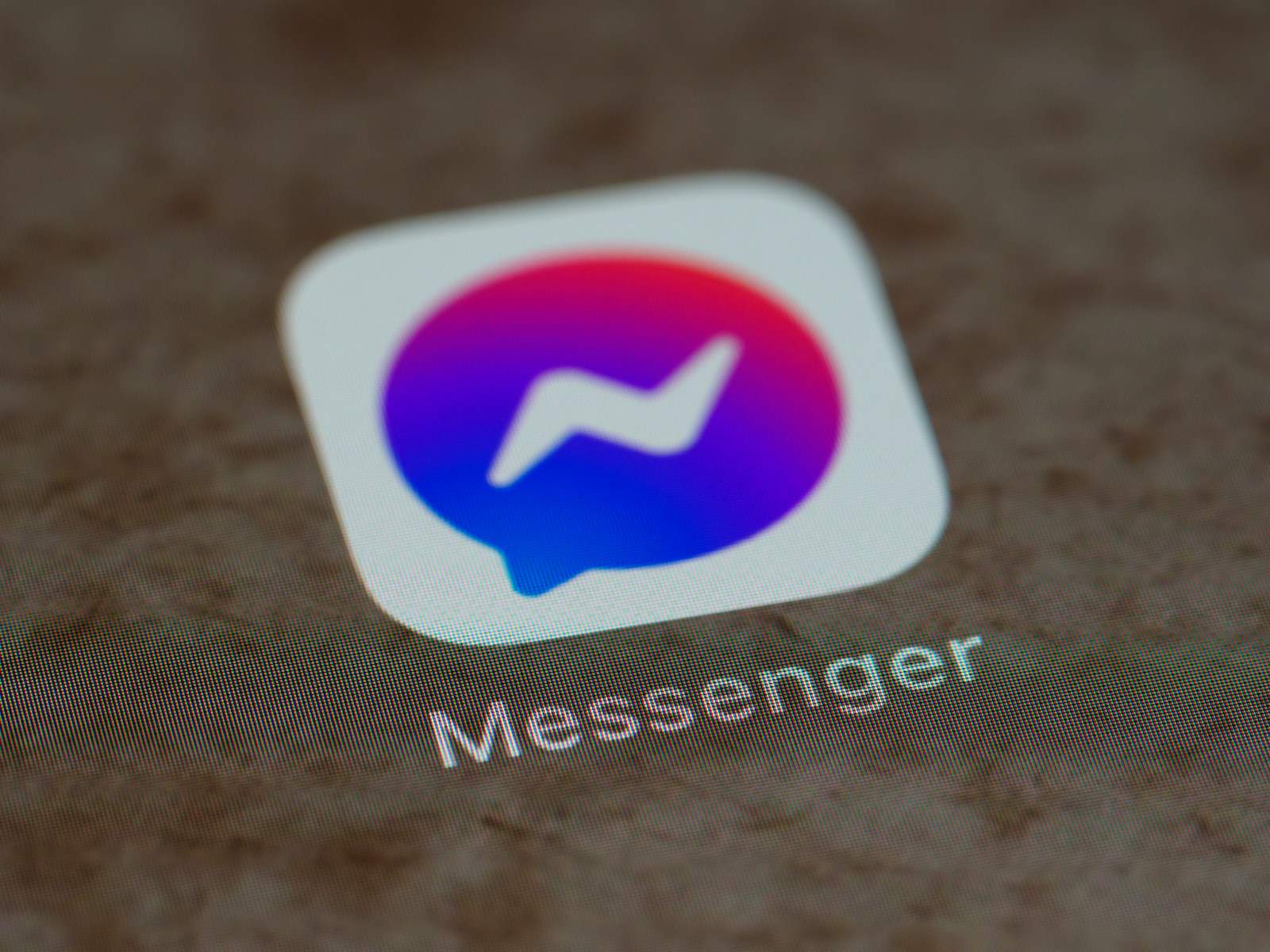
Messenger offers simple tools like bold text, italics, and strikethrough that can improve how others receive your messages. Using these features, along with emojis, GIFs, and stickers, helps you express yourself better and connect with friends and family.
Text formatting makes your conversations in Facebook Messenger more powerful and personal. You can use bold or italic text to highlight important points and show tone more clearly. Keyboard shortcuts can turn regular text into eye-catching messages.
These formatting options work well in Messenger’s desktop version, allowing you to emphasize important information and make your messages look more organized and professional. Using these styles can make conversations more engaging and reduce misunderstandings by clearly marking key details.
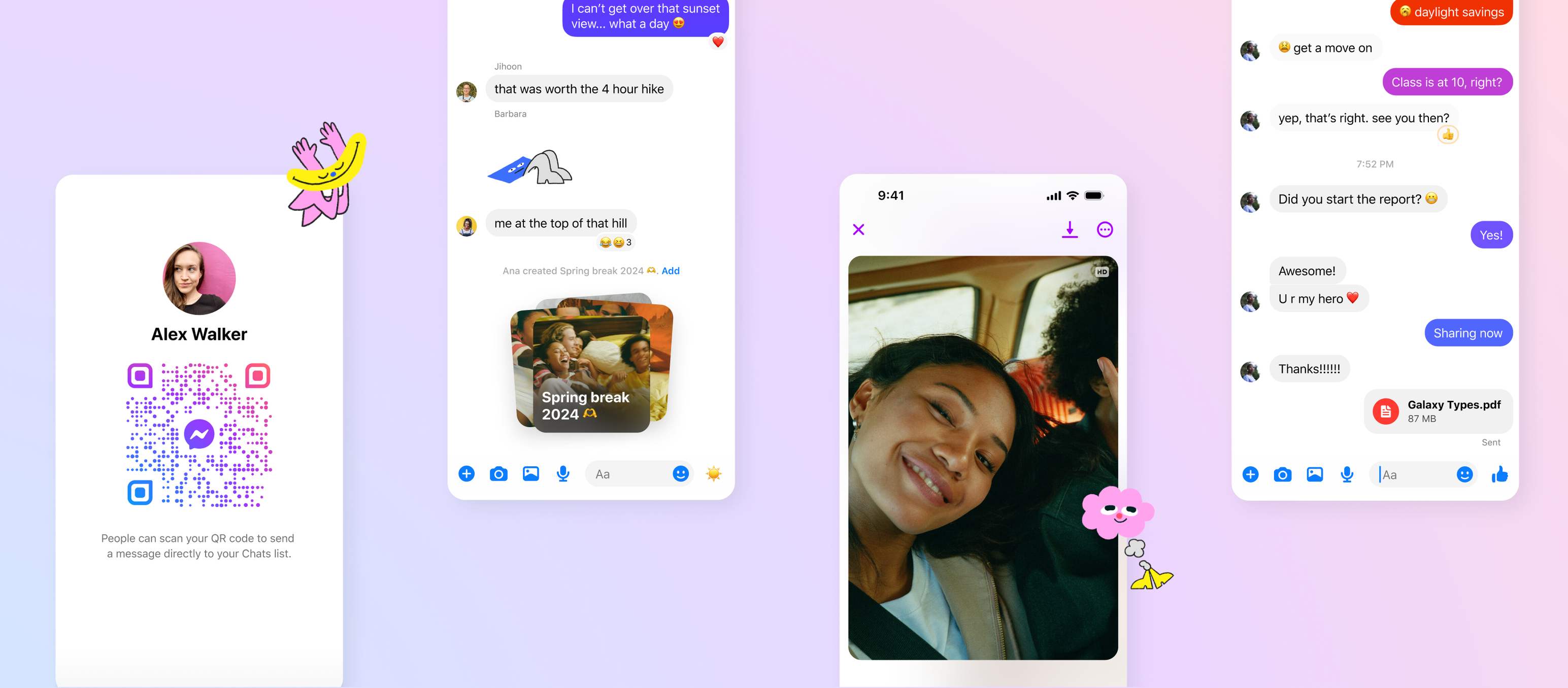
Crafting Engaging Messages: A Guide to Messenger Text Effects and Formatting
Basic Messenger Formatting
Want your messages to pop? Messenger lets you format text to emphasize key words or phrases. Here’s how to use some common formatting options:
Bold Text
To make text bold, type an asterisk (*) before and after the text. For example, *this text will be bold* will appear as this text will be bold.
Italic Text
For italic text, use an underscore (_) before and after the text. So, _this text will be italic_ becomes this text will be italic.
Strikethrough Text
To strikethrough text, use a tilde (~) before and after the text. ~This text has a strikethrough~ will appear as This text has a strikethrough.
Facebook Messenger Text Formatting
Facebook Messenger supports the basic formatting options. You can use the same asterisk, underscore, and tilde characters to bold, italicize, and strikethrough text. These techniques work whether you’re using Messenger on your phone, tablet, or computer.
Messenger Text Effects
Beyond basic formatting, Messenger offers other ways to make your messages more expressive. While true “text effects” like animations aren’t typically available, you can use emojis, GIFs, and stickers to add some flair.
Emojis
Emojis are small images that represent emotions, objects, and symbols. Messenger has a built-in emoji keyboard. Just tap the smiley face icon in the text input area to access it. You can also type common emoji shortcuts, like 🙂 for a smiley face.
GIFs
GIFs are short, animated images. Messenger has a GIF search engine. Tap the GIF icon in the text input area to find and send GIFs.
Stickers
Stickers are larger, more detailed images than emojis. Messenger has a sticker library. Tap the sticker icon to browse and send stickers.
Changing Fonts in Messenger
Messenger doesn’t offer a direct way to change fonts in the same way you might in a word processor. The font used in Messenger is generally determined by your device’s settings and the platform you’re using (Android, iOS, etc.).
Messenger Text Tricks
While Messenger doesn’t have a lot of hidden formatting tricks, combining the basic formatting options can be useful. For example, you can combine bold and italic text by using *_this text will be bold and italic_*.
Troubleshooting Messenger Formatting
Sometimes, your formatting might not show up correctly. This can happen if you’re using an older version of Messenger or if there’s a problem with your internet connection. Make sure you’re using the latest version of the app and try restarting Messenger or your device. Also, ensure you are using the correct characters (*, _, ~) and placing them correctly before and after the text.
| Formatting | How to Use | Example |
|---|---|---|
| Bold | *before and after text | *This is bold* |
| Italic | _before and after text | _This is italic_ |
| Strikethrough | ~before and after text | ~This is strikethrough~ |
Key Takeaways
- Text formatting options are available exclusively on Messenger’s desktop version
- Quick keyboard shortcuts enable bold, italic, and monospace text styles
- Strategic formatting helps emphasize key information and improve message clarity
Getting Started with Text Formatting in Messenger
Messenger supports multiple text formatting options to make messages stand out through bold, italic, strikethrough, and monospace styles using simple symbol combinations.
Understanding the Basics
Text formatting in Messenger uses specific symbols before and after words or phrases to create different styles:
Bold text: Place asterisks (*) around text
Italic text: Add underscores (_) around textStrikethrough: Use tildes (~) around textMonospace: Insert backticks (`) around text
These formatting options work across messages and chats. Users can combine different styles by applying multiple symbols, though keeping formatting simple helps maintain readability.
Accessing Formatting Features on Different Platforms
The desktop version of Messenger displays all formatting styles correctly. The mobile app shows formatted text on most recent versions, with some limitations on older updates.
Text formatting works through these steps on any device:
- Open a Messenger chat
- Type the formatting symbol
- Write the text to format
- Add the closing symbol
- Send the message
Desktop users see the full range of formatting options. Mobile users might see plain text if using an outdated app version. Regular updates ensure compatibility with all formatting features.
Advanced Formatting Techniques
Facebook Messenger offers powerful text formatting features that help users emphasize messages and express themselves clearly. These tools transform plain conversations into engaging exchanges through simple formatting codes.
Applying Bold and Italic Text
To make text bold in Messenger, users place asterisks (*) at the start and end of the desired text. For example: important message appears bold. This works well for emphasizing key points or drawing attention to specific words.
Italics use underscores (_) before and after text. The format special message creates italicized text. This style fits perfectly for book titles, foreign phrases, or adding subtle emphasis.
Users can combine both styles for extra impact. Wrapping text in both asterisks and underscores (combined format) creates text that is both bold and italic.
Monospace and Strikethrough Options
Monospace text uses backticks () to create a fixed-width font. The format code example` displays text in a consistent width, making it ideal for sharing code snippets or technical information.
Strikethrough text requires tildes (~) on both sides. Writing outdated text shows text with a line through it. This format works well for corrections or showing changes in conversation.
These effects make messages clearer and more organized. They help separate different types of information within the same message.
Creating Blocks of Code
For longer code snippets, Messenger supports code blocks using three backticks (“`) at the start and end of the text block. This creates a distinct visual separation from regular messages.
Code blocks preserve spacing and formatting, making them perfect for sharing:
- Programming code
- Terminal commands
- Formatted lists
- Technical documentation
Users can paste their code between the triple backticks to maintain proper indentation and line breaks.
Enhancing Conversations with Visual Elements
Visual elements transform standard text messages into dynamic conversations that better express emotions and intent.
Using Emojis and Stickers
Emojis add emotional context to messages through simple icons. A smile 😊 or heart ❤️ can express warmth, while thumbs up 👍 shows agreement.
Facebook Messenger offers thousands of stickers for different moods and situations. Users can access them through the sticker button beside the text input field.
Common emoji and sticker uses:
- Expressing reactions to messages
- Adding humor to conversations
- Softening serious messages
- Celebrating special moments
Word Effects in Group Chats
Word effects create animated reactions when specific trigger words appear in group conversations. Users can customize effects for words like “congratulations” or “happy birthday.”
Setting up word effects:
- Open a group chat
- Tap the group name
- Select “Word Effects”
- Choose an animation
- Enter the trigger word
The animations play automatically when any group member types the trigger word. This feature works best for frequent expressions and celebratory messages.
Multiple members can set different effects for the same word, creating layered animations that make group chats more engaging.
Frequently Asked Questions
Messenger offers multiple text formatting options and effects to enhance message appearance through simple commands and built-in tools.
What steps are required to bold text in Messenger on an Android device?
Users can make text bold by adding asterisks before and after the message. For example, typing hello will display as hello in the chat.
The bold formatting works across both Android and iOS devices.
How can I apply strikethrough formatting to text within Messenger?
Messenger supports strikethrough text using tilde symbols. Adding ~ before and after text (like this) creates a strikethrough effect.
What methods are available for underlining text in Messenger?
Messenger does not have a built-in underline format command. Users can create emphasis through other formatting options like bold or italics instead.
Can text formatting be applied in Facebook Messenger, and if so, how?
Text formatting in Messenger uses markdown-style symbols. Italics require underscores (text), while code blocks use backticks (code).
The formatting applies instantly when the message is sent.
Are there any unique text effects in Messenger, and how are they activated?
Messenger includes animated word effects activated through the “Aa” button above the keyboard. Users can select effects that trigger when specific words or phrases appear.
These effects work in both individual and group chats.
What tricks can be used for enhancing text presentation in Messenger chats?
Users can combine different formatting styles for greater impact. The monospace format uses three backticks (text).
Text effects can be customized for specific words to create automatic animations when those terms appear in chat.
Simple emoji reactions add extra visual elements to messages without changing the text format.

